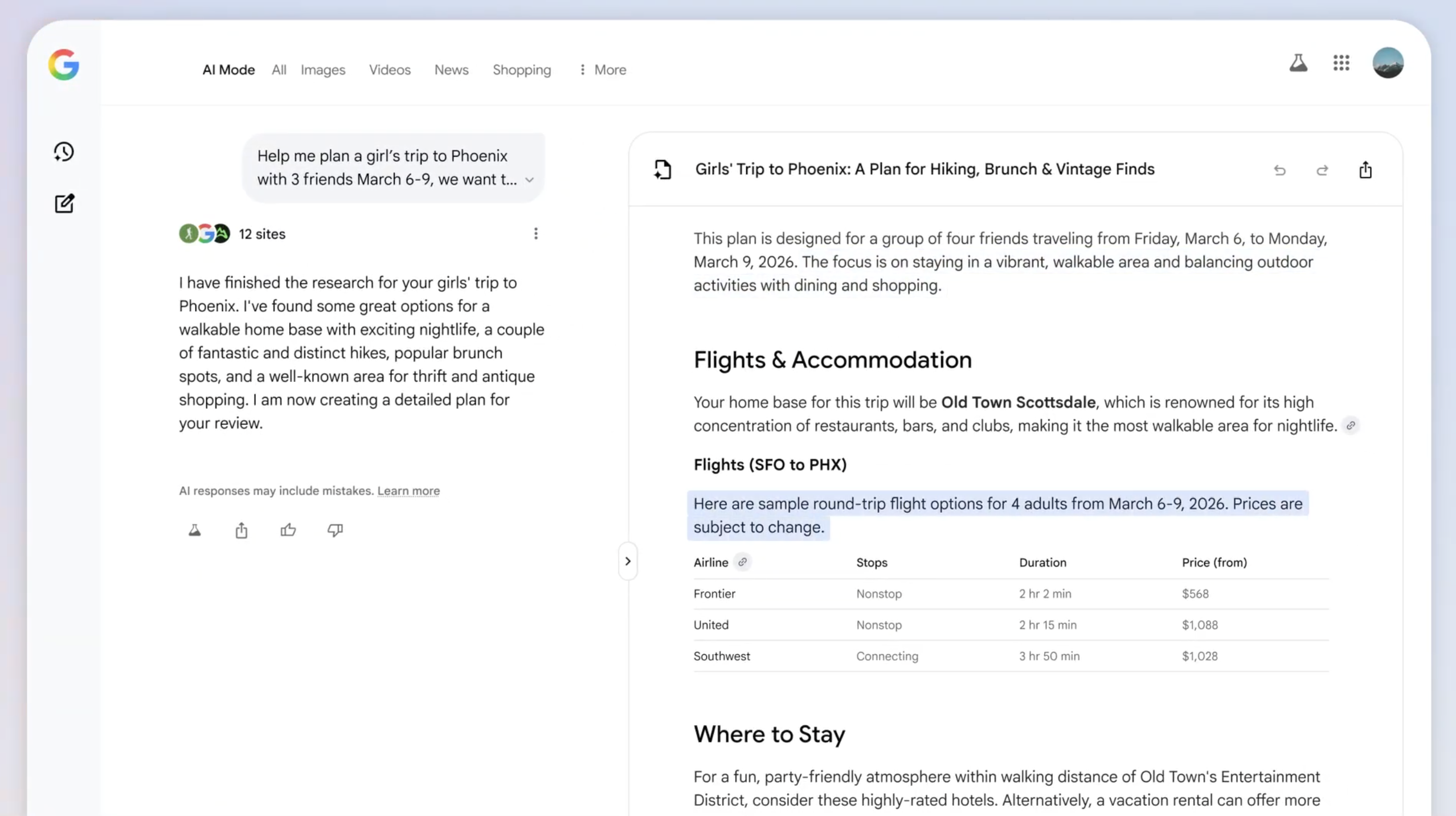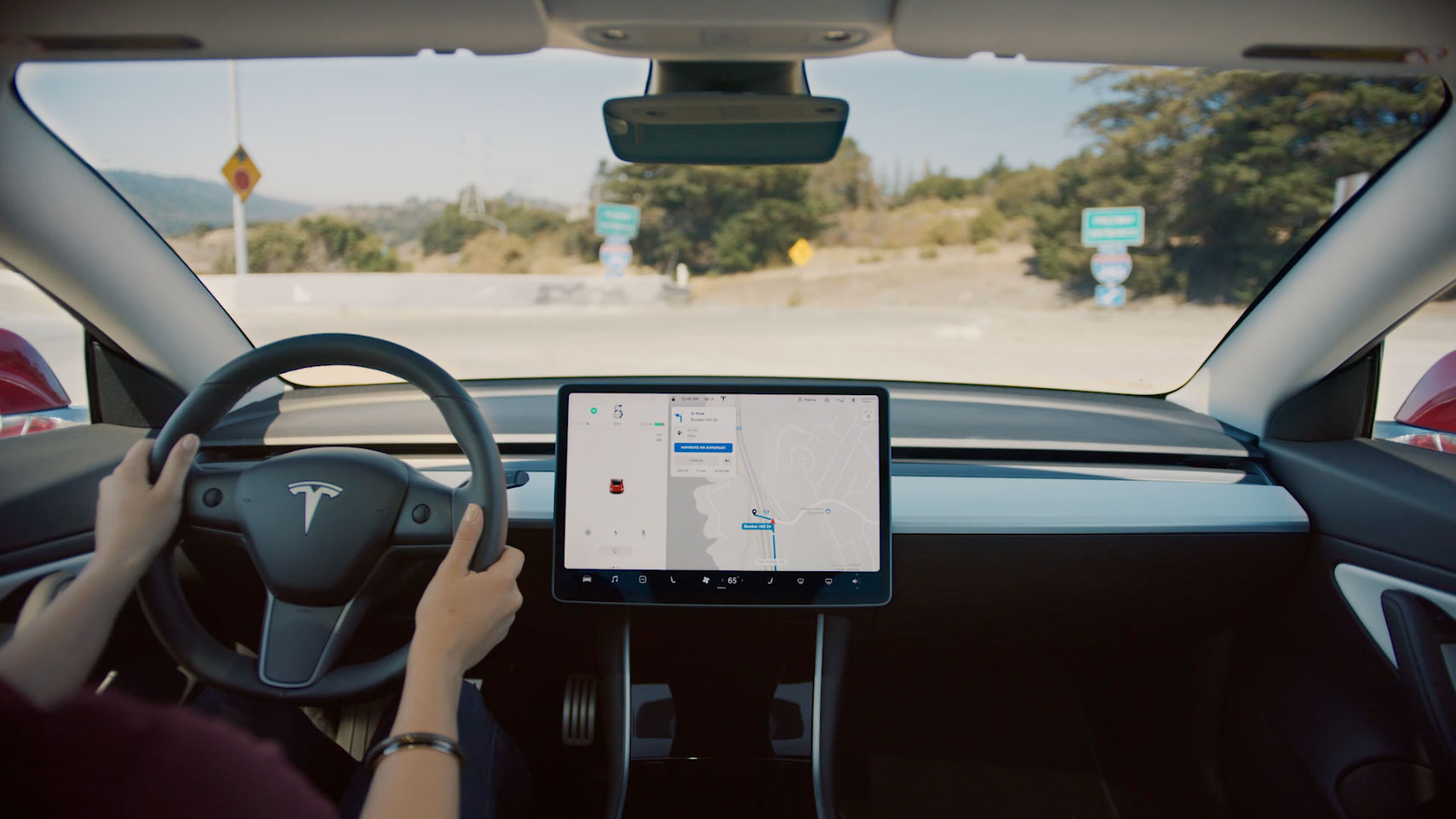
The technology giant Google has announced a significant expansion of its artificial intelligence capabilities within its core Search product, specifically targeting the intricate process of travel planning and booking. This latest development introduces a global rollout of the AI-powered "Flight Deals" tool, enhances trip organization through the "Canvas" feature within AI Mode, and broadens the reach of its "agentic" booking functionalities, marking a pivotal moment in how users interact with online travel services.
The Evolution of Google’s Travel Ambitions
Google’s journey into the travel sector is not a recent phenomenon. For over two decades, the company has steadily integrated travel-related services into its ecosystem, starting with basic search queries for destinations and evolving into comprehensive tools like Google Flights and Google Hotels. These platforms provided users with direct access to flight schedules, pricing comparisons, and accommodation options, effectively disintermediating traditional travel agencies and online travel aggregators to some extent. The underlying philosophy has always been to simplify information access and streamline decision-making for travelers.
The current move, however, represents a deeper integration of generative AI, a technology that has rapidly matured in recent years. While earlier iterations of Google’s travel tools relied on sophisticated algorithms to aggregate and display data, the new AI-powered features leverage large language models (LLMs) to understand complex, conversational queries and generate personalized itineraries and recommendations. This shift transforms Search from a mere information retrieval system into a proactive planning assistant, capable of understanding nuanced preferences and making intelligent trade-offs on behalf of the user.
Global Reach for Smarter Flight Savings
The "Flight Deals" tool, initially introduced to users in the United States, Canada, and India, is now embarking on a massive global expansion. This AI-driven search utility, integrated directly into Google Flights, is set to become available in over 200 countries and territories worldwide, including major markets like the United Kingdom, France, Germany, Mexico, Brazil, Indonesia, Japan, and Korea. Crucially, the tool will also support more than 60 languages, significantly broadening its accessibility and utility across diverse linguistic demographics.
At its core, Flight Deals aims to simplify the often-daunting task of finding affordable airfare. Instead of sifting through countless dates and destinations, users can articulate their travel desires in natural language, specifying parameters such as their desired destination, preferred travel dates, and even general travel styles or budget constraints. The AI then processes this input, cross-referencing vast datasets of flight information to identify and present the most advantageous bargains. This capability is particularly impactful in a post-pandemic travel landscape characterized by fluctuating prices and increased demand, where finding optimal deals can significantly influence travel decisions. The expansion reflects Google’s strategy to democratize access to cost-effective travel, potentially stimulating global tourism by making it easier for a wider audience to discover viable options.
Canvas: Crafting Personalized Travel Narratives
Beyond simply finding flights, Google is also enhancing the organizational aspect of travel planning through its "Canvas" tool, now integrated into AI Mode. Originally designed as a versatile workspace for organizing information and building study plans over multiple sessions, Canvas is being repurposed to serve as a dynamic trip planner. This feature allows users to articulate the kind of travel experience they envision – from a relaxing beach getaway to an adventurous hiking trip – and then select the "Create with Canvas" option within AI Mode.
Upon receiving the user’s prompt, Canvas springs into action, constructing a comprehensive travel plan presented in a dedicated side panel. This plan is not a static template but a rich, interactive compilation of real-time data. It integrates current flight and hotel availability and pricing from Google Search, incorporates detailed geographical information, photos, and user reviews from Google Maps, and pulls relevant contextual information from various websites across the internet. The AI goes further by offering intelligent suggestions tailored to the user’s criteria, such as comparing hotels based on pricing and amenities, or proposing restaurants and activities optimized for travel time from the user’s accommodation.
A key differentiator of Canvas is its conversational intelligence. Users can engage in follow-up dialogues with the AI, exploring trade-offs and refining their plans. For instance, a user might inquire about a hotel closer to a specific brunch spot, even if it means being slightly further from desired hiking trails. This interactive, iterative planning process mimics the dynamic consultation one might have with a human travel agent, but with the speed and data-processing capabilities of advanced AI. Currently, travel planning with Canvas is available on desktop for users in the U.S. who have opted into the AI Mode experiment in Google Labs, indicating a phased rollout as the technology matures.
Agentic AI: Bridging Planning and Action
Perhaps one of the most significant shifts in Google’s AI strategy is the expansion of its "agentic capabilities." This refers to AI’s ability to not just provide information or suggestions, but to actively perform tasks or initiate actions on behalf of the user. Earlier this year, Google introduced these capabilities to users opted into Labs, enabling them to book restaurant reservations, event tickets, and beauty and wellness appointments directly through AI Mode. Now, Google is making this powerful functionality available to all users across the United States.
The process is remarkably intuitive. Users can articulate their preferences for a dinner reservation – including party size, date, time, location, and preferred cuisine – in natural language. The AI Mode then intelligently searches across various reservation platforms, leveraging real-time availability data, to identify and present a curated list of restaurants that precisely match the inquiry. This move signals a profound evolution in how users interact with online services, transforming search from a passive information portal into an active assistant that can complete complex transactional tasks.
Looking ahead, Google has articulated clear intentions to further expand these agentic capabilities, with plans to enable direct booking of flights and hotels within AI Mode. This future functionality promises to allow users to describe their travel needs, compare various flight or hotel options, and browse detailed information such as schedules, prices, room photos, amenities, and user reviews, all within a unified, AI-driven interface. This vision suggests a future where the entire travel journey, from inspiration to booking confirmation, could potentially be managed seamlessly within Google’s AI ecosystem.
Strategic Implications and Market Dynamics
Google’s intensified push into AI-powered travel tools carries significant strategic implications for the company and the broader travel industry. For Google, these innovations are crucial for maintaining its dominance in the search market amidst growing competition from dedicated AI assistants and the evolving expectations of internet users. By offering more direct, actionable results, Google aims to solidify its position as the indispensable gateway to online information and services. The potential for monetizing these advanced travel functionalities, through partnerships with airlines, hotels, and other service providers, also presents a substantial revenue opportunity.
The market impact on traditional online travel agencies (OTAs) like Expedia, Booking.com, and Kayak could be substantial. While Google’s existing travel tools already compete with these platforms, the agentic capabilities and integrated planning features threaten to bypass them entirely for certain types of bookings. If users can plan and book a trip directly within Google Search, the need to navigate to third-party sites could diminish, potentially redirecting traffic and revenue away from OTAs. This could force OTAs to innovate rapidly, perhaps by focusing on highly specialized travel niches, loyalty programs, or unique bundled offerings that AI alone might struggle to replicate.
Socially and culturally, this shift could further personalize travel, making it more accessible and tailored to individual preferences. The ability to quickly find deals and organize complex itineraries could empower more people to travel, potentially boosting global tourism. However, it also raises questions about the "paradox of choice," where too many options, even curated by AI, can still lead to decision fatigue. Furthermore, concerns about data privacy and algorithmic bias remain pertinent. As AI systems become more central to personal decision-making, ensuring transparency in how recommendations are generated and safeguarding user data will be paramount.
The Future of Personalized Travel
The current expansion of Google’s AI travel features underscores a broader industry trend towards hyper-personalization and automation. As artificial intelligence continues to advance, the line between an information search and an action-oriented command will increasingly blur. The vision of a truly "agentic" AI, capable of understanding complex human intent and executing multi-step tasks autonomously, is rapidly moving from concept to reality.
However, challenges remain. The accuracy of real-time availability data, the ability to handle highly nuanced or emotional travel preferences, and the inherent complexity of travel logistics (e.g., visa requirements, unforeseen disruptions) will test the limits of these AI systems. User trust will also be a critical factor; travelers must feel confident that the AI is making recommendations that are truly in their best interest, rather than merely optimized for commercial gain.
Ultimately, Google’s latest advancements signify a transformative period for the travel industry. By bringing sophisticated AI directly into the hands of billions of search users worldwide, the company is not just enhancing its product offerings; it is actively reshaping how people dream, plan, and experience their journeys in an increasingly interconnected and intelligent world.








